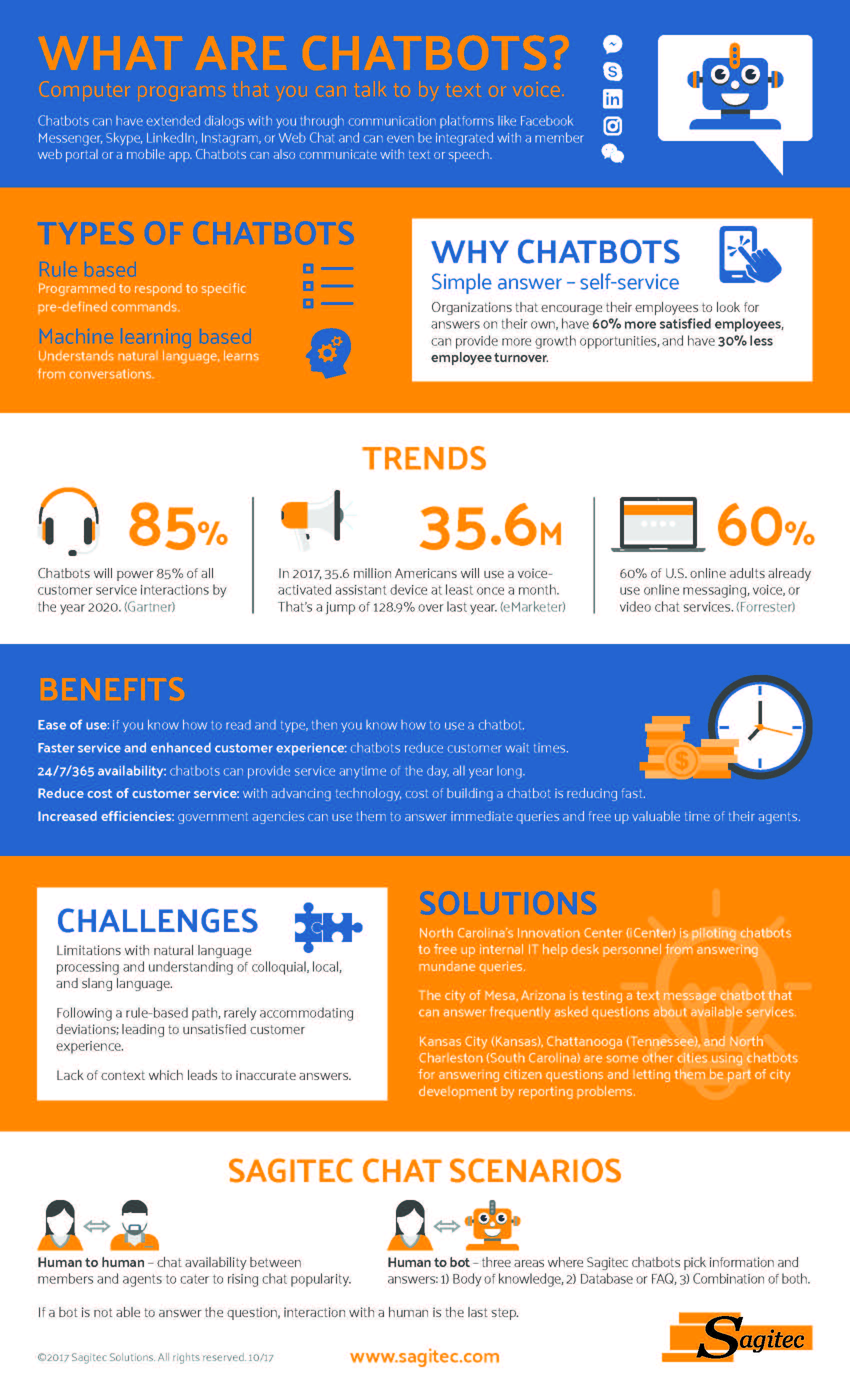Detect Unemployment Insurance Fraud, Before it Happens
Unemployment Insurance (UI) benefit fraud is the inappropriate collection of benefits by using false information. Accord …
Digital Transformation in Benefits Administration industry
For an enterprise to be able to deliver Azure Managed Government Services is like holding a hot ticket to digital transf …
5 Ways Chatbots are Powering Government Services
Futurists have been envisioning ‘talking computers’ for ages and they are not just science fiction but the reality today …
An interview with Stephanie Schrankler: Takeaways from the NPEA annual conference
The National Pension Education Association (NPEA) annual conference concluded last week and as always, it is said to hav …
Chatbots and what you need to know
The global chatbot market is expected to reach $1.23 billion by 2025, a compounded annual growth rate (CAGR) of 24.3%, a …
Protecting the Retirement Industry from Cyber theft and Ransomware
The main purpose of theft and robbery is to take prime assets away to make money or become rich. In today’s world, data …
Programming Wars? That’s history
The early days of computer programming were quite daunting for everyone. Different types and makes of desktops and PCs h …
Technology: The Missing Link to Patient Satisfaction
Industries that have matured on managing customer satisfaction, like airlines or retail, understand that expectations ar …
4 ways knowledge management can lead to great customer service
Looking introspectively at knowledge and learning management results in putting blinders on and doesn’t allow organizati …
With Neospin™, implementing cost of living adjustments is a breeze
On July 1, 2017, Cost of Living Adjustments (COLA) will go into effect at a majority of pension agencies across the coun …










